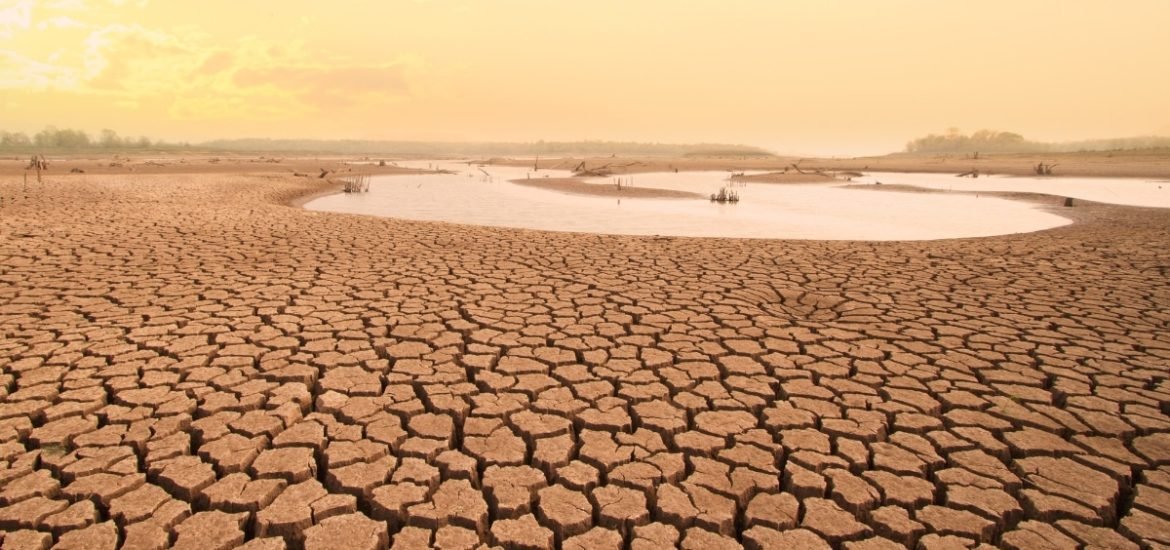
A new study led by the International Food Policy Research Institute (IFPRI) in Washington shows that in addition to reducing the severity and number of extreme weather events, effective climate change mitigation efforts would lower fossil fuel prices (1). Thus, the findings published on 29 April in Climate Change suggest reducing greenhouse gas emissions could have long-term economic benefits in low-income countries.
The recent devastation in Mozambique, Zimbabwe, and Malawi, caused by cyclones, demonstrates how extreme weather events can bring destruction to already vulnerable economies. The storms have affected almost 3 million people and worsened the existing food security crisis.
Further climate change is likely to worsen the intensity and frequency of extreme storm events, heatwaves, and floods – unless successful mitigation strategies are implemented.
The team of international researchers used biophysical and economic models to analyse the interplay between climate change, mitigation policies, and GDP. They suggest effective global mitigation policies would have two main benefits in the long term: reducing the frequency of extreme weather events and lowering fossil fuel prices.
In particular, the authors suggest that global and sustainable efforts to reduce greenhouse gas emissions would boost the economies of Malawi, Mozambique, and Zambia in the next three decades – with even larger benefits after 2050.
At present, the direct benefits of fossil fuel use are not equally distributed among countries, with poorer countries mainly losing out. In other words, global warming caused by energy consumption in wealthier countries is harming developing countries.
As a result, greenhouse gas emissions are increasing global inequality, according to another recent paper published in Proceedings of the National Academy of Sciences (2). And many low-income countries will continue to bear the consequences of climate change unless emissions can be successfully reduced on a global scale.
According to the new paper, effective policies to reduce greenhouse gas emissions would lessen the reduce the odds of extreme weather events that damage countries and hinder economic growth.
Moreover, the authors suggest climate change mitigation policies would reduce the demand for fossil fuels leading to a significant drop in price. Since poorer countries are mainly net importers of oil, they would benefit economically from the initial price cut during the initial “transition period”.
The predictions allow for developing countries to undergo a transition period so they can play “catch up” before adhering to required emissions reductions. However, the researchers caution that global climate mitigation will only be effective if these countries quickly transition to lower greenhouse gas emissions. Furthermore, the projected benefits will only happen if wealthier countries are willing to reduce their oil consumption.
The researchers estimate that both benefits would equate to a gain in average GDP of between 2 to 6 percentage points in Malawi, Mozambique, and Zambia. They also suggest that economic benefits could happen much sooner than previously thought – before 2050.
(1) Arndt, C. et al. Climate change and developing country growth: the cases of Malawi, Mozambique, and Zambia. Climatic Change (2019). DOI: 10.1007/s10584-019-02428-3
(2) Diffenbaugh, N.S. and Burke, M. Global warming has increased global economic inequality. Proceedings of the National Academy of Sciences (2019). DOI: 10.1073/pnas.1816020116